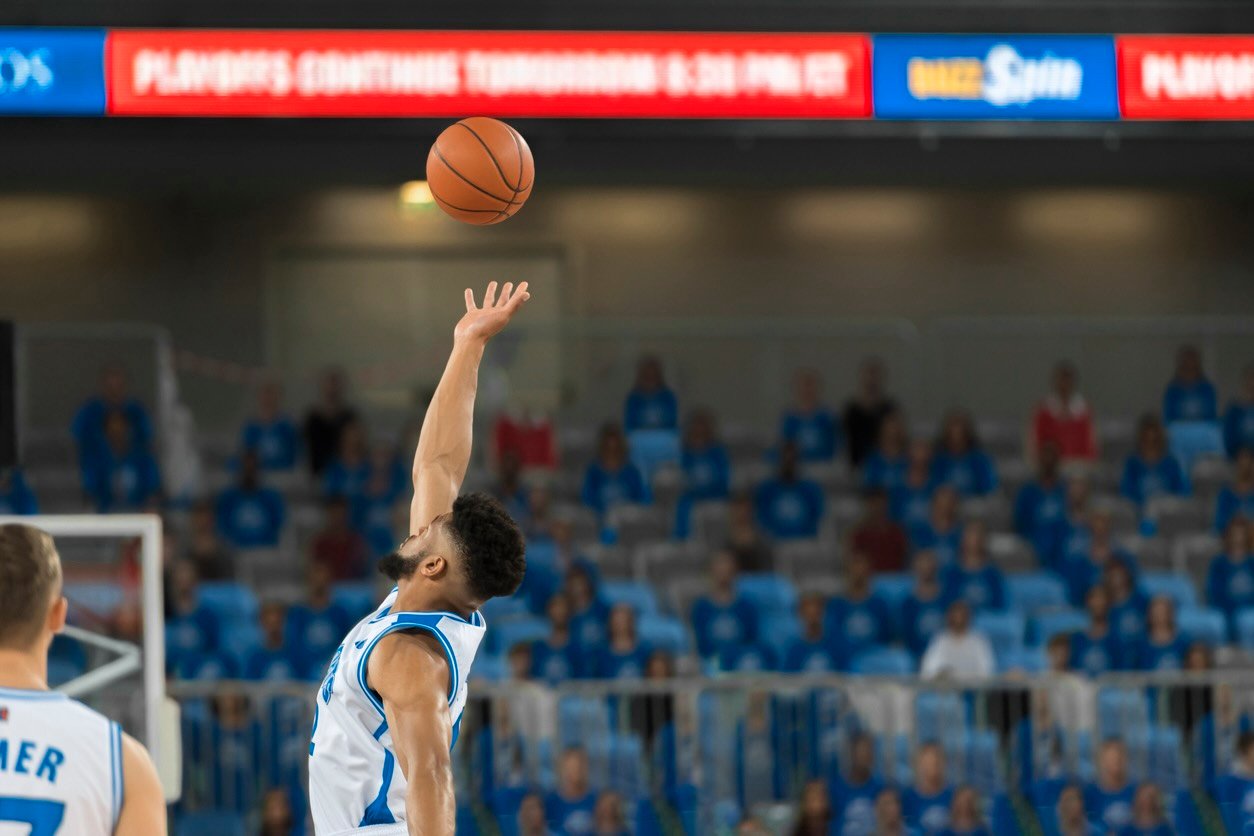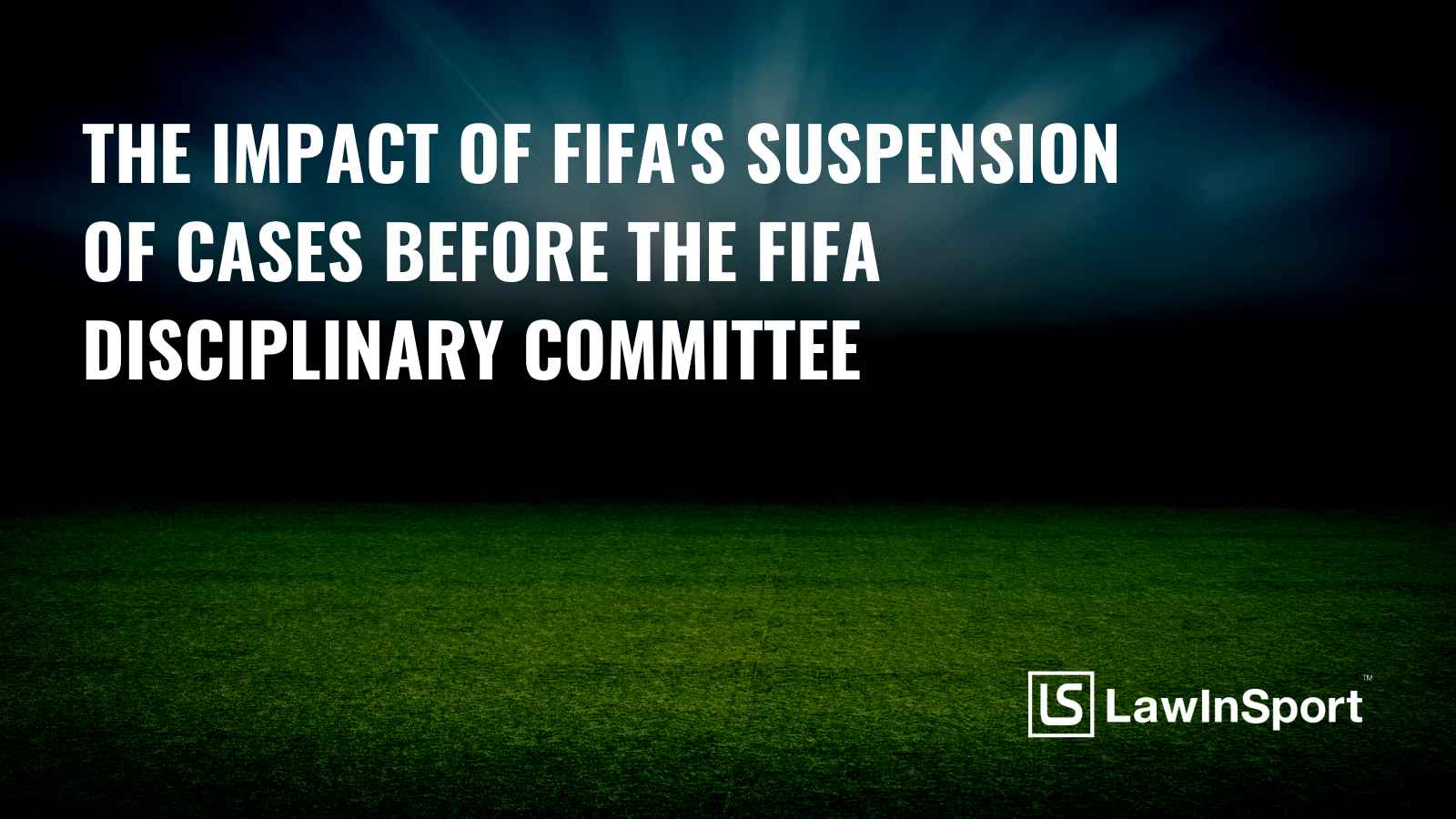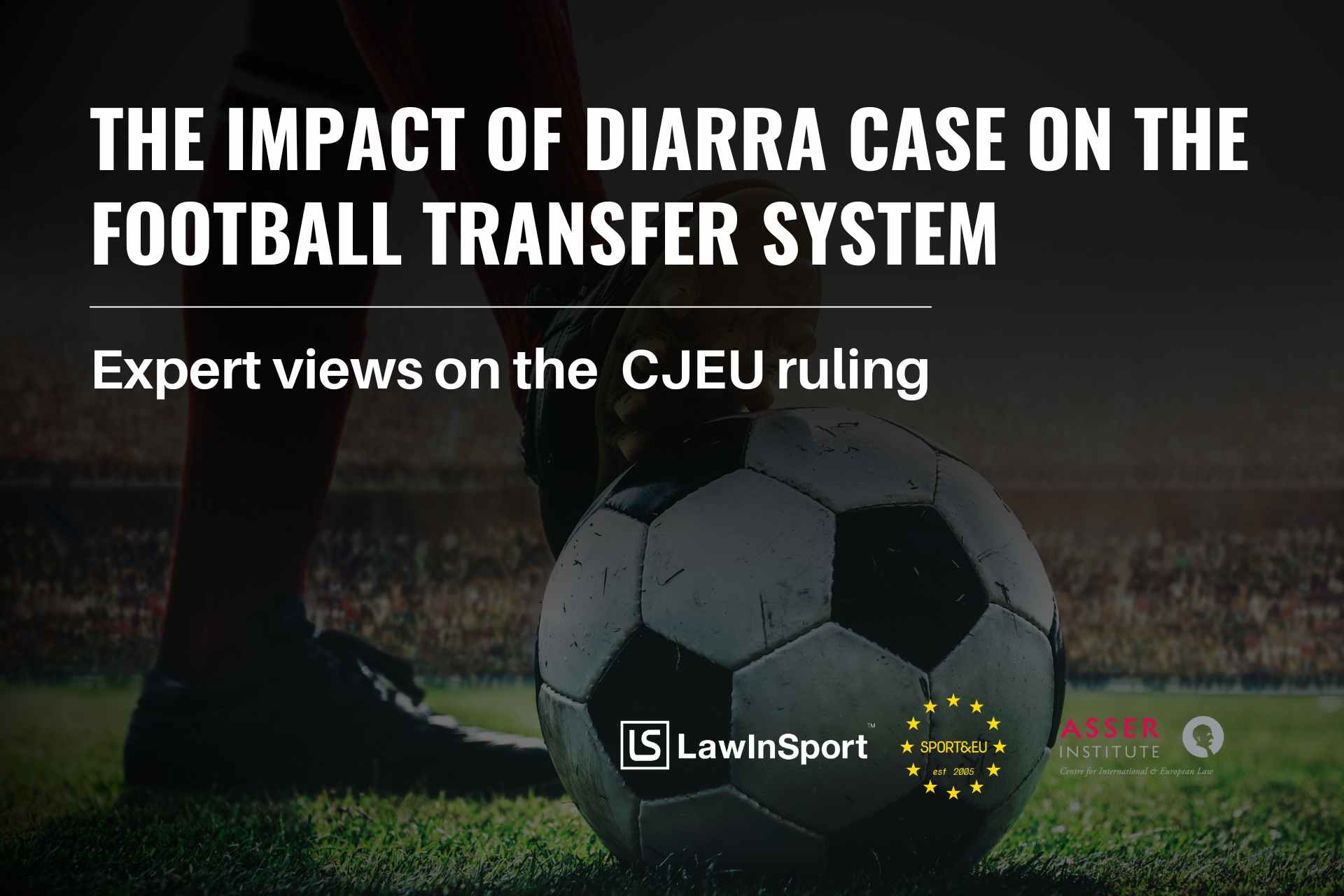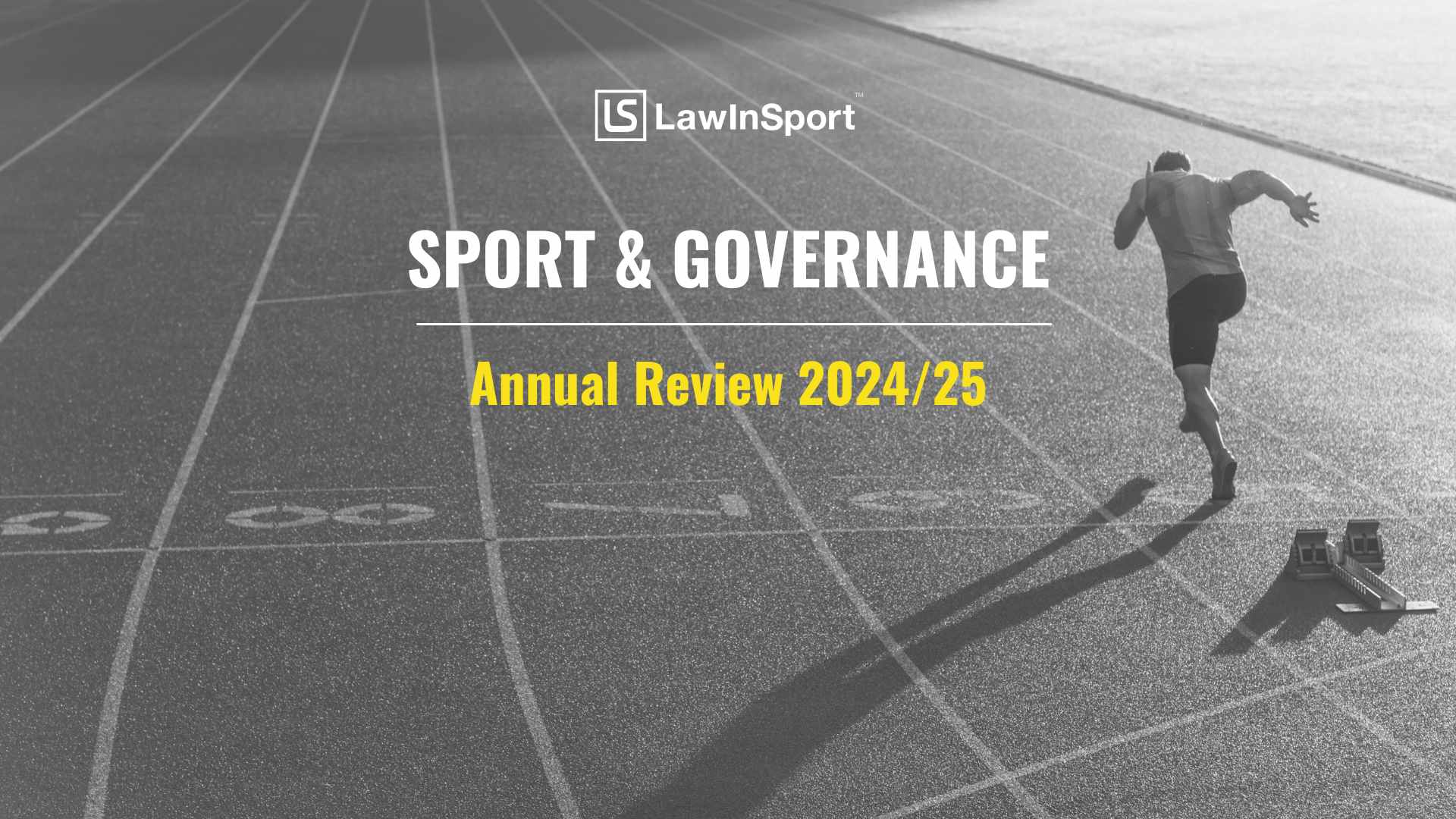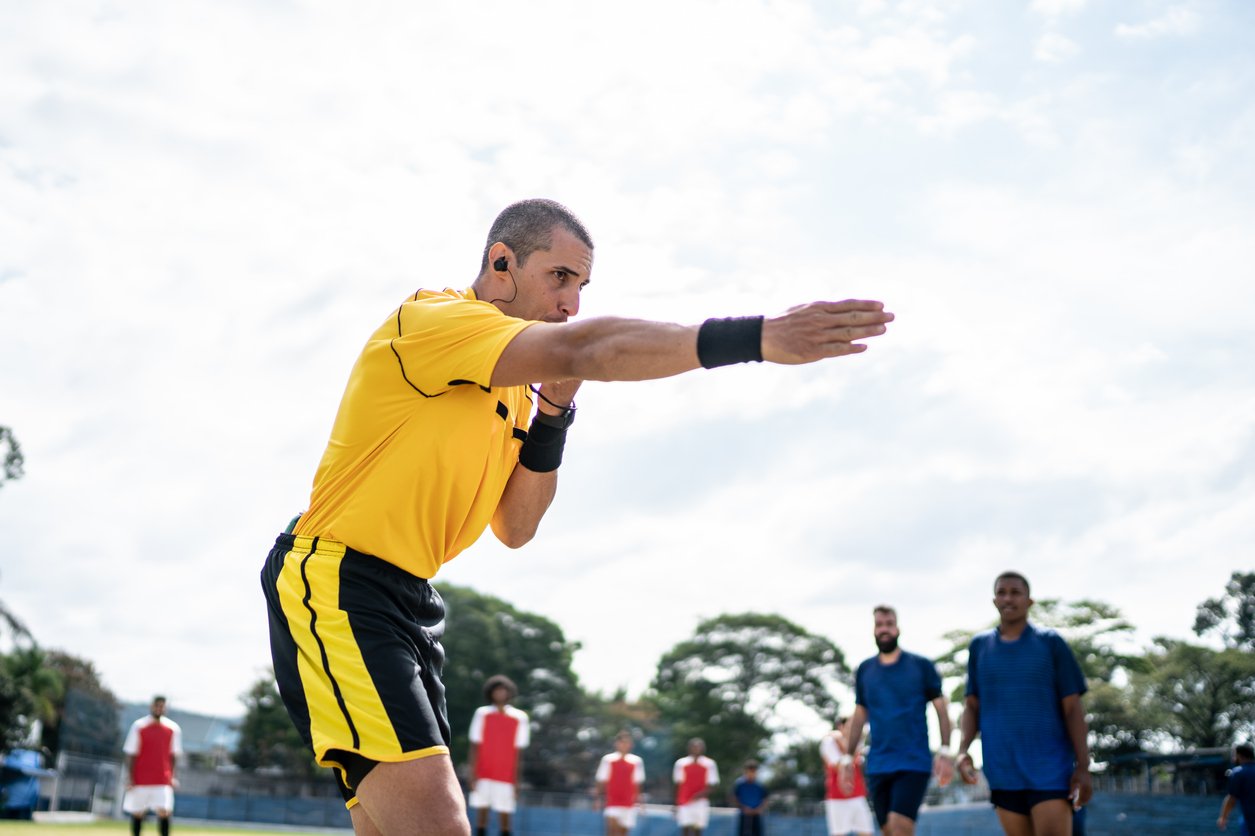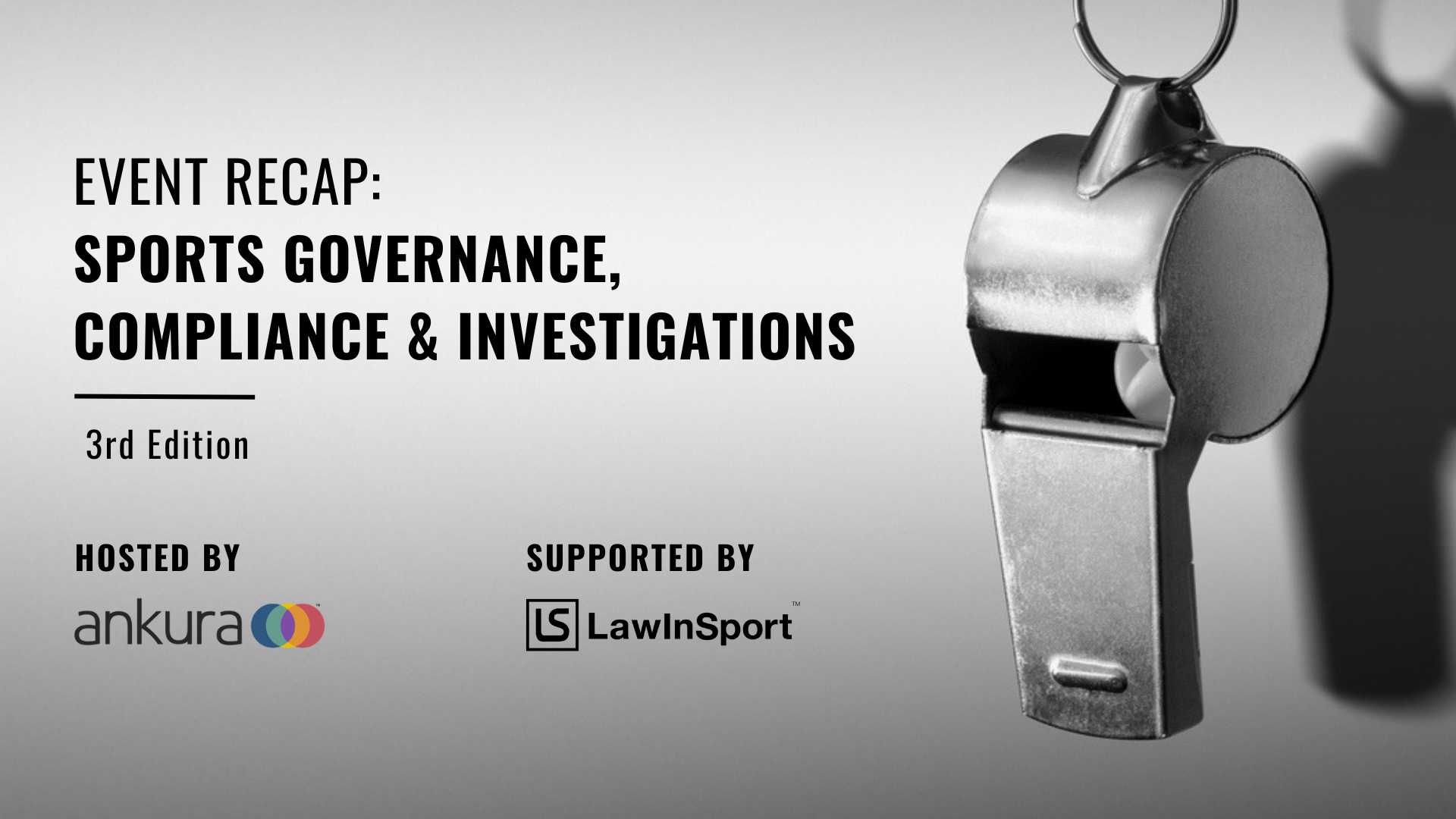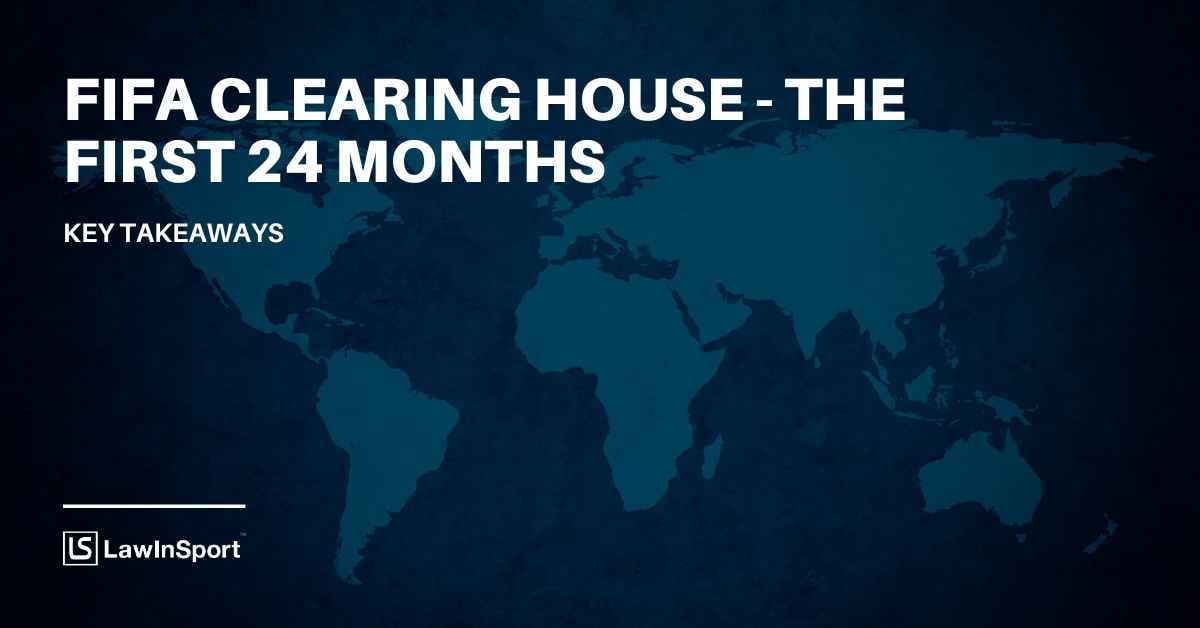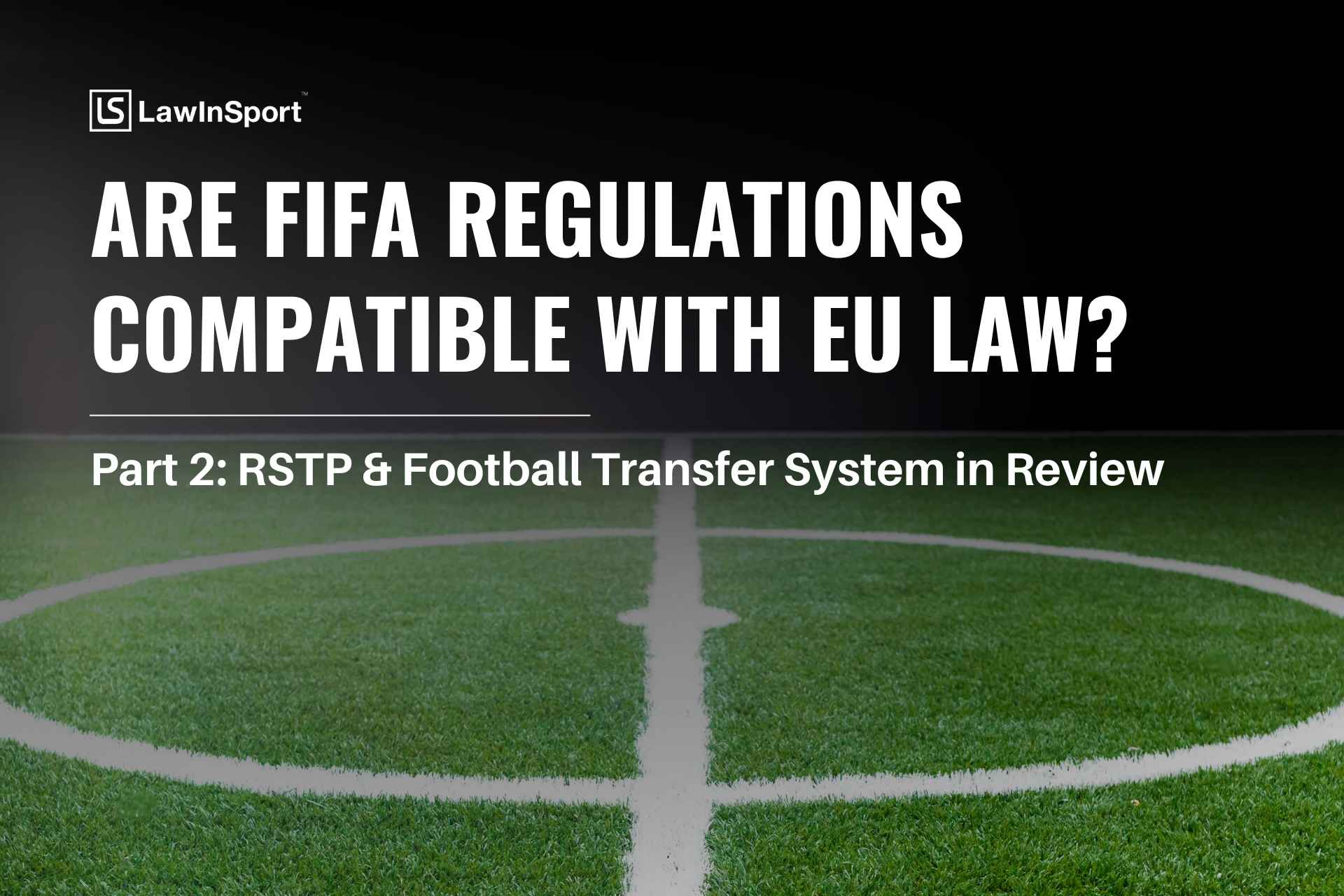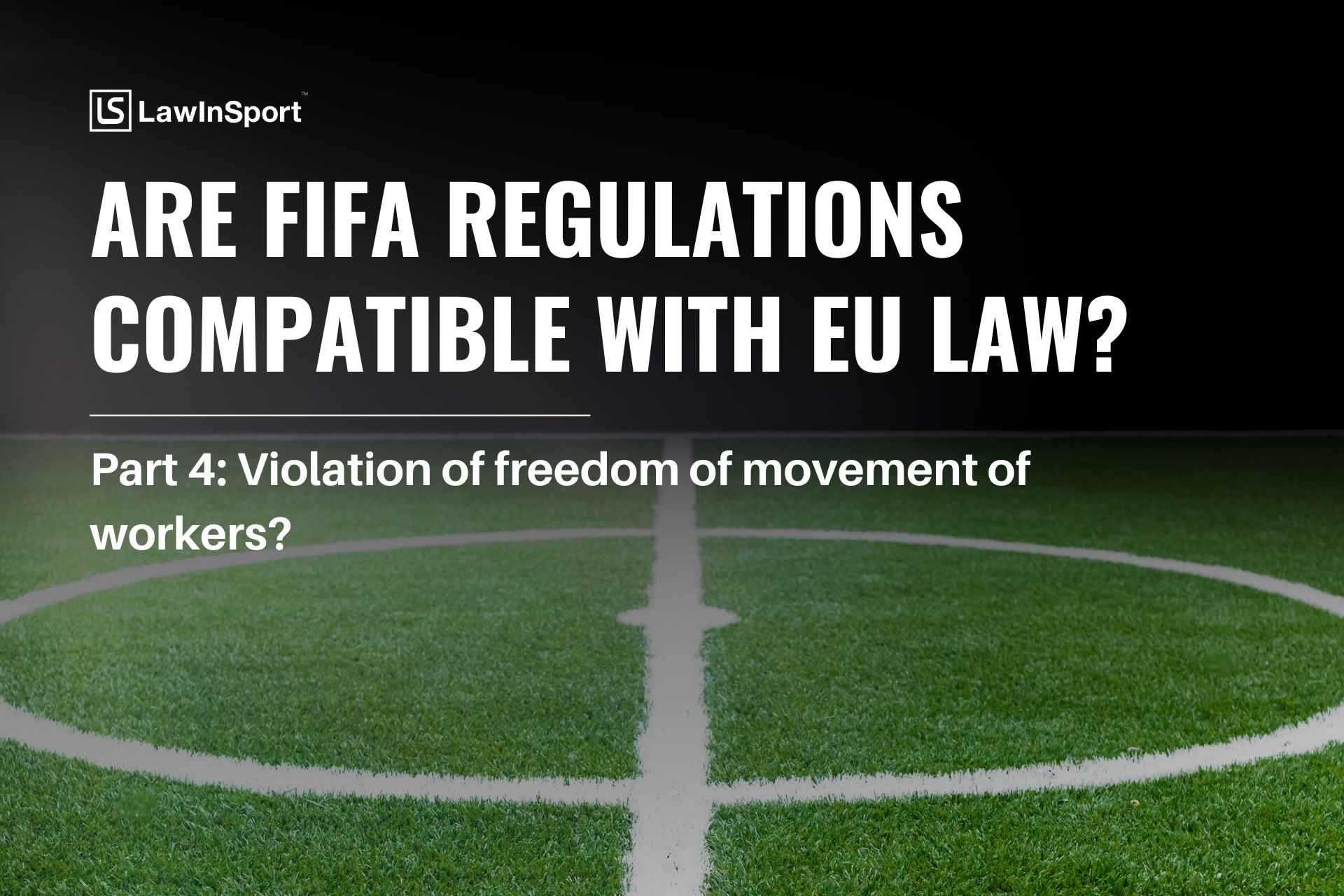Court proceedings deemed offside: English High Court stays court proceedings against former Chelsea FC club director in favour of arbitration
Published Thursday, 17 April 2025.
Changes to European sports travel – Navigating the UK and EU's new immigration schemes
Published Thursday, 17 April 2025.
More ‘compact’ versions of major sports events? Reflections on Host City 2024’s sustainability panel
Published Monday, 31 March 2025.
Exploring Asia’s Online Gaming Regulations: Balancing Play and Policy
Published Monday, 24 March 2025.
Will FIBA’s regulation of agents’ fees really help protect basketball clubs & players from undue influence?
Published Wednesday, 12 March 2025.
Politics, Tennis & the Ukraine War - Suspension of membership appealed (Belarus Tennis Federation v ITF)
Published Friday, 28 February 2025.
Beyond the field: How sports organisations can develop clear and targeted ESG strategies
Published Friday, 21 February 2025.
Navigating sports investments: a deep dive into NFL vs. Premier League opportunities
Published Wednesday, 12 February 2025.
Future-proofing esports: a look ahead to the key legal issues facing the esports industry
Published Friday, 07 February 2025.
F1 at a crossroads? FIA and Liberty Media’s battle for pole position on commercial rights
Published Tuesday, 14 January 2025.
Basketball Arbitral Tribunal Arbitration Rules 2025: What’s changed?
Published Friday, 10 January 2025.
The impact of FIFA's suspension of cases before the FIFA Disciplinary Committee - Key Takeaways
Published Friday, 20 December 2024.
WADA’s 2025 Prohibited List: Context and key changes
Published Thursday, 19 December 2024.
Best practice in safeguarding - World Athletics lead the field with updates to their pioneering safeguarding policy
Published Friday, 13 December 2024.
FC Barcelona v UEFA: Guidance from CAS decision on accounting treatment of sale of media rights under UEFA’s financial regulations
Published Friday, 22 November 2024.
How sustainability criteria are being integrated into club licensing regulations (Part 1: DFL & UEFA)
Published Tuesday, 19 November 2024.
Put your shirt on it: Gambling’s shifting relationship with professional sports
Published Wednesday, 13 November 2024.
Pitch invasions: How the FA Regulatory Commission approaches sanctions and what clubs can do to mitigate risk
Published Monday, 11 November 2024.
The impact of the Diarra case on the football transfer system – Key takeaways
Published Friday, 25 October 2024.
How Professional Football Clubs are Governed In Mexico
Published Tuesday, 22 October 2024.
COPA América’s stadia controversies: What can FIFA learn for the 2026 World Cup?
Published Friday, 27 September 2024.
Competition Authorisation Rules: UEFA chooses Ireland as alternative seat for CAS arbitration
Published Friday, 20 September 2024.
Advocate General questions whether FIFA Regulations are compliant with EU Law: Legal & factual context (Part 1)
Published Wednesday, 11 September 2024.
Advocate General questions whether FIFA Regulations are compliant with EU Law: Are they restrictive of competition? (Part 3)
Published Wednesday, 11 September 2024.
A guide to the expected changes to the WADA Code in the 2027 edition
Published Monday, 28 April 2025.
The dangers of AI: How deepfakes and inaccurate content are impacting the sports industry
Published Thursday, 17 April 2025.
The importance of procedural rigour: ESIC find team Astralis’ emergency substitution brought tournament into disrepute
Published Wednesday, 09 April 2025.
Can Sporting Succession Exist Without Club Dissolution? Lessons from a recent CAS decision (CAS 2023/A/9809)
Published Tuesday, 25 March 2025.
The battle continues - Implications of the latest decision in Manchester City's challenge to the Premier League's APT rules
Published Thursday, 20 March 2025.
Sport & Governance – Annual Review 2024/25
Published Wednesday, 05 March 2025.
What are the key changes to the AIFF Disciplinary Code in the 2024 edition?
Published Tuesday, 25 February 2025.
Takeaways from Ankura & LawInSport's Sports Governance, Compliance, and Investigations Workshop & Seminar - 3rd Edition
Published Thursday, 20 February 2025.
Investing in Italian professional football: The evolving landscape of club ownership rules between reforms and challenges
Published Tuesday, 11 February 2025.
FIFA Clearing House - the first 24 months: Key Takeaways
Published Monday, 20 January 2025.
What’s happening with Dani Olmo? A legal analysis of the registration dispute between FC Barcelona, LaLiga and RFEF
Published Friday, 10 January 2025.
Boundaries of freedom of speech in sport: Lessons from recent CAS Decision (Tymoshchuk v. UAF)
Published Friday, 20 December 2024.
Olympic ambitions and legal transitions: India's sporting landscape in 2024
Published Friday, 20 December 2024.
Safeguarding and GDPR: What should sports organisations know?
Published Wednesday, 18 December 2024.
From policy to practice: A sport organisation's guide to effective safeguarding
Published Wednesday, 11 December 2024.
Transforming Transfers? How the CJEU reconsidered FIFA’s Transfer Rules in the Diarra case
Published Friday, 22 November 2024.
What should you know before entering into representation agreements under Swiss law?
Published Wednesday, 13 November 2024.
A review of how Paris 2024 Olympic Games aimed to address gender equality
Published Wednesday, 13 November 2024.
How are legal costs recovered in Premier League disciplinary proceedings? Reviewing guidance of Appeal Board in the Everton case
Published Thursday, 31 October 2024.
Will the new English football regulator be “truly independent”?
Published Tuesday, 22 October 2024.
Belgium’s anti-money laundering law: How does it impact football clubs?
Published Thursday, 17 October 2024.
FIFA Clearing House two years on: A game-changer or still a work in progress?
Published Tuesday, 24 September 2024.
How Are Football Clubs Governed, Incorporated & Acquired In South Africa?
Published Friday, 13 September 2024.
Advocate General questions whether FIFA Regulations are compliant with EU Law: RSTP & football transfer system in review (Part 2)
Published Wednesday, 11 September 2024.
Advocate General questions whether FIFA Regulations are compliant with EU Law: Violation of freedom of movement of workers? (Part 4)
Published Wednesday, 11 September 2024.











